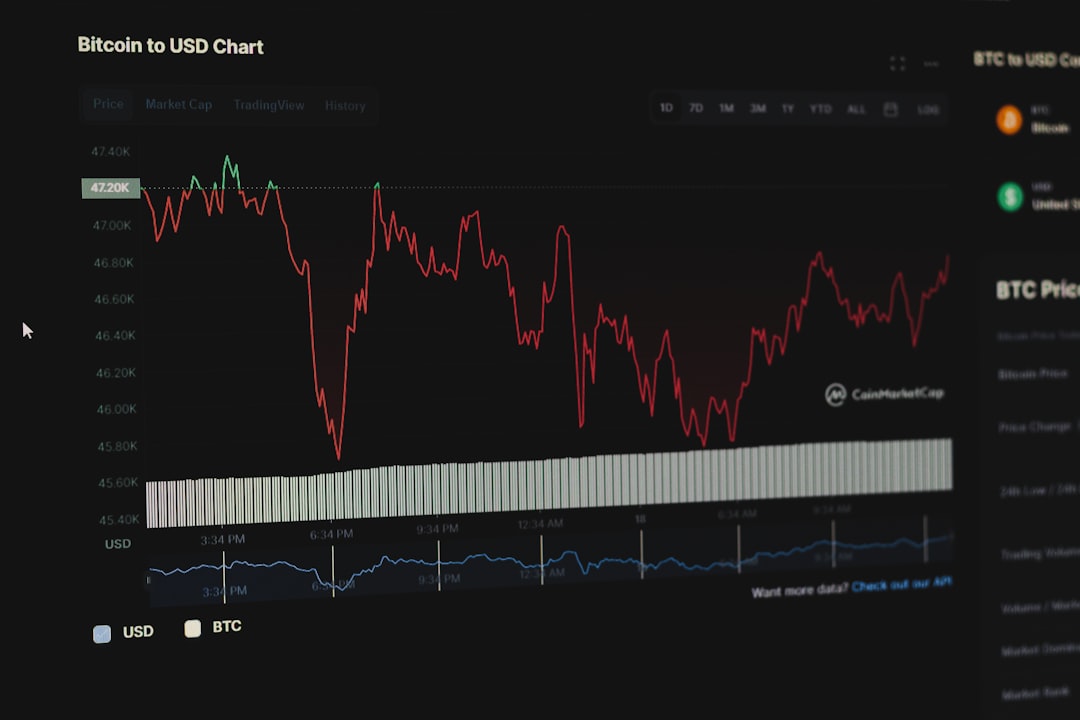Down 14%, Can Microchip's New 'Grandmaster Clock' Tech Rescue Its Ailing Stock?

Investors in Microchip Technology (MCHP) have been on a rollercoaster they didn't sign up for, watching their one-year returns plummet by a jarring 14.1%. While a recent surge has seen the stock climb nearly 10% year-to-date to around $62.42, the lingering sting of longer-term underperformance has left the market feeling cautious. Now, the tech giant is making a bold play to change the narrative, armed with a new arsenal of high-tech solutions.
In a strategic push to rekindle momentum, Microchip has unveiled a powerful new lineup aimed at the backbone of our digital world: secure networking. The company is rolling out its next-generation Optical Ethernet PHY transceivers, designed to bring fortified, high-precision connectivity to critical industries. This move signals a direct response to the increasing demand for robust and trustworthy network infrastructure.
But the real showstopper might be the release of the Time Provider 4500 v3 grandmaster clock. This isn't just any timing device; it's a solution engineered to deliver ultra-precise synchronization, a non-negotiable requirement for modern telecommunications, data centers, and advanced industrial automation. By focusing on creating more resilient and secure networks, Microchip is positioning itself as a key player in safeguarding the infrastructure that powers our connected lives.
The critical question for investors, however, is whether this innovation offensive is enough to fully reverse its fortunes. The market's reaction so far has been one of cautious optimism. The recent stock price recovery suggests that Wall Street is taking notice, but the muted long-term returns indicate that the company still has to prove it can navigate fierce competition and evolving industry dynamics.
As Microchip deploys these cutting-edge solutions, all eyes are on whether this technological pivot can translate into sustained growth and restore shareholder confidence. The company is betting that by becoming indispensable to the world's most critical networks, it can finally put its recent struggles in the rearview mirror and clock in a new era of success.


